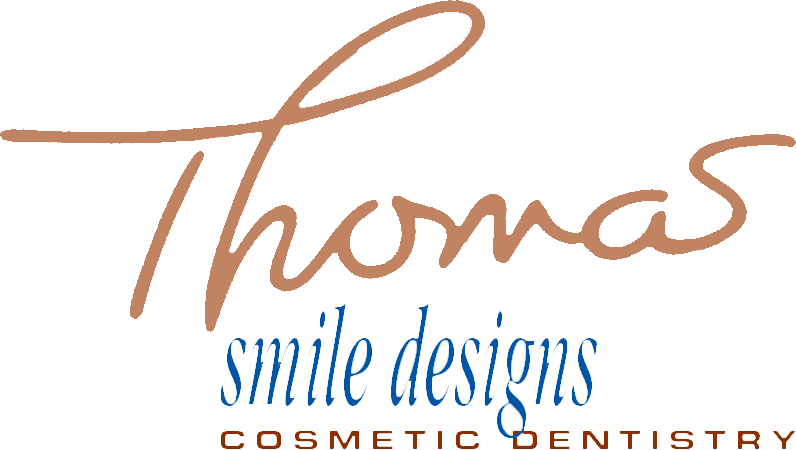The Stages of Gum Disease
Understanding the Early Symptoms of Gum Disease
Gum disease is one of the most common oral health conditions. But how do you know if you have gum disease or if you're more likely to develop the condition? Our Billings, MT dentist, Dr. Joseph Thomas discusses the gum disease risk factors and symptoms in our guide below.
Gum disease in its early stages can be reversed. If you are experiencing any symptoms of gum infection, contact our Billings, MT office today at (406) 256-5165 to schedule your appointment with Dr. Thomas.
Frequently Asked Questions
Take Control of Your Oral Health Today
At our dental practice in Billings, MT, we offer gum disease treatment to remove bacteria and plaque from your gums and teeth and promote healthy gum tissue growth.
Don't wait until it's too late to take care of your oral health. Call us today at (406) 298-4485 if you are a new patient, or if you are a current patient at (406) 256-5165 to schedule your appointment with Dr. Thomas. We’re committed to providing our patients with high-quality, compassionate dental care, and we look forward to helping you achieve a healthy, beautiful smile.

Address
1501 14th St W #215,
Billings, MT 59102
New Patient (406) 298-4485
Current Patient (406) 256-5165
© 2022 Managed by Now Media Group
